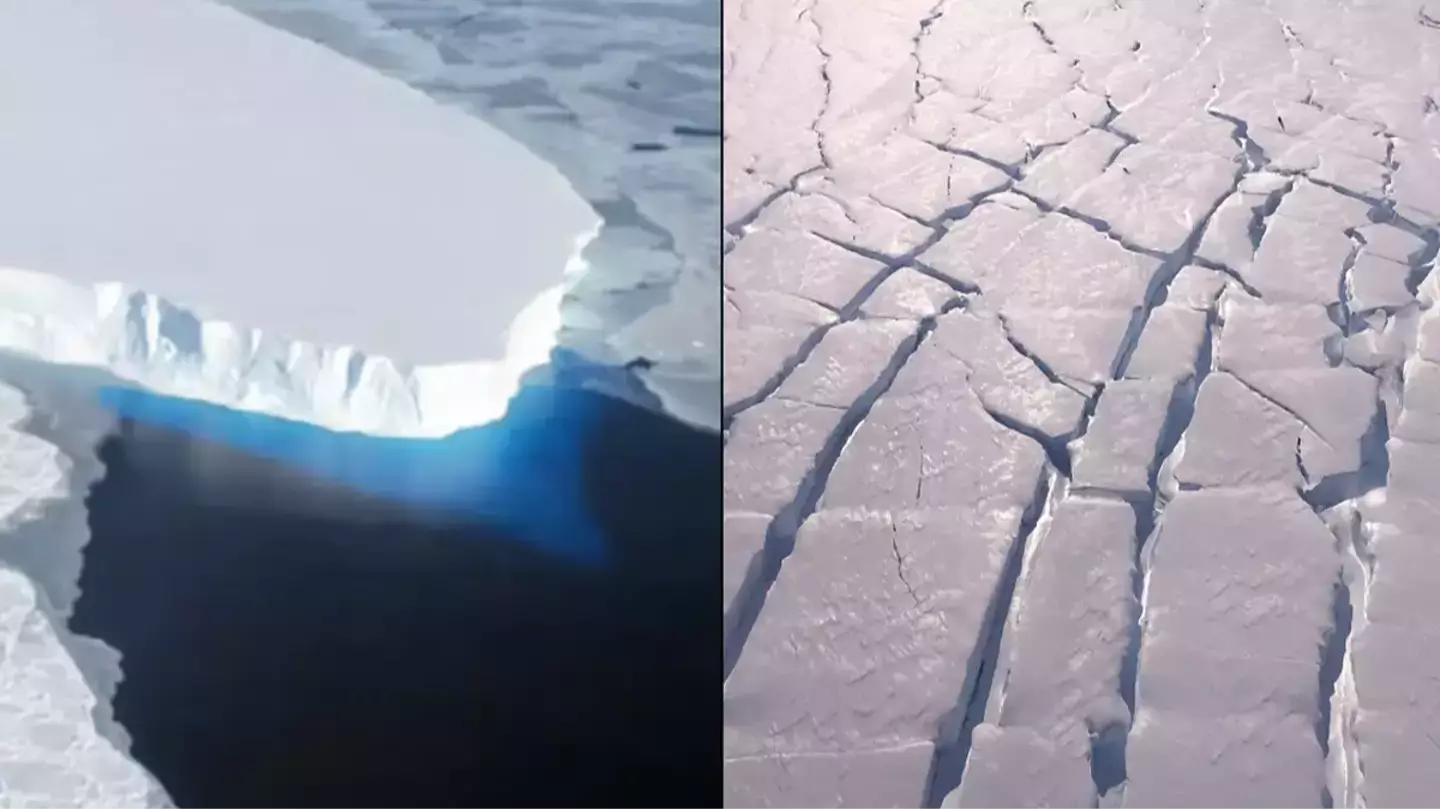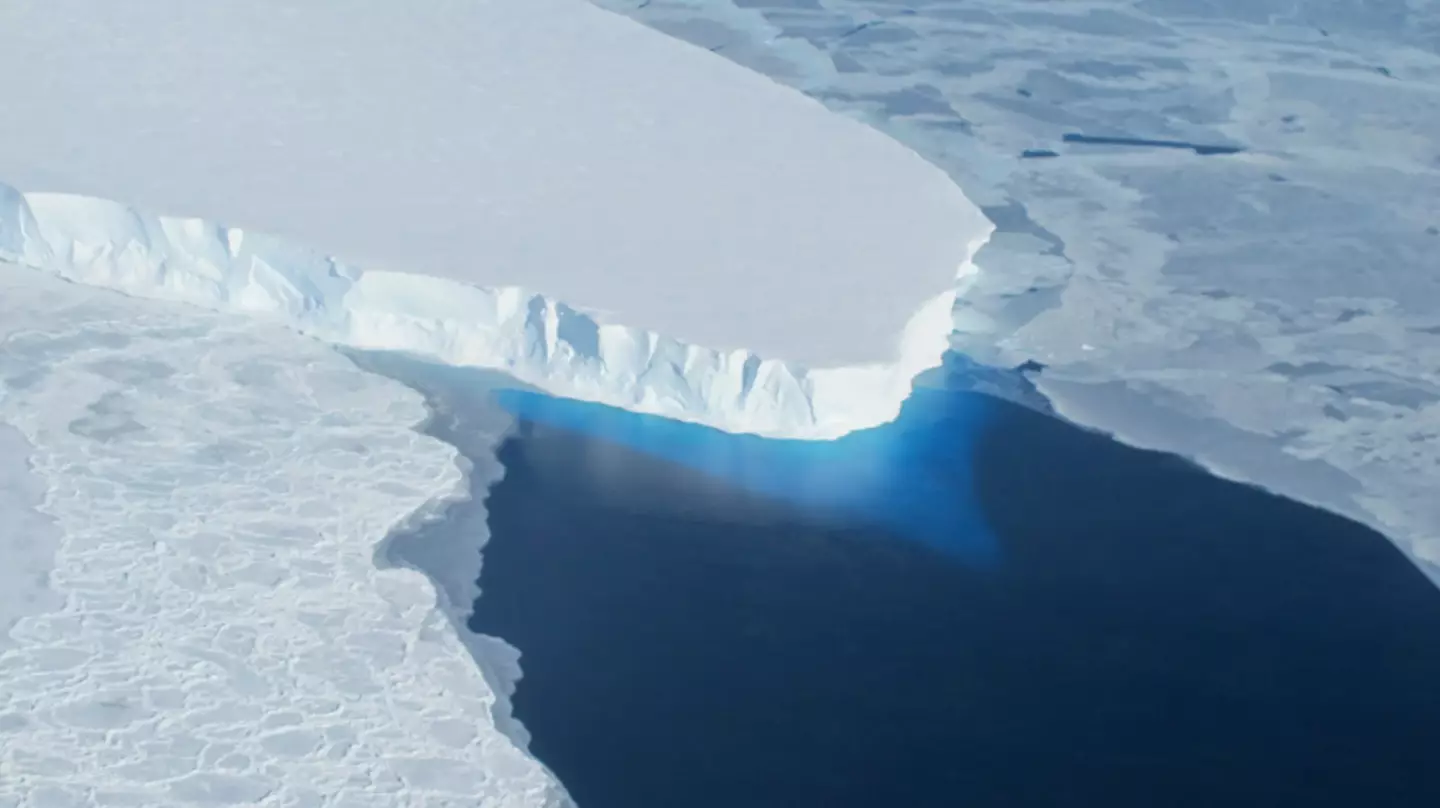
In Antarctica, there's something known as the Thwaites Glacier, though we'd rather use its far more impressive sounding nickname the 'Doomsday Glacier'.
The reason it has such a dramatic moniker is because it's part of what's been described as the 'weak underbelly' of the West Antarctic Ice Sheet, where it's vulnerable to collapse and if it goes it'll probably take the whole ice sheet with it.
This glacier and another one, called the Pine Island Glacier, are believed to be very likely to collapse without much warning in the future.
The consequences of this glacier's collapse could be a significant rise in sea levels, which would destroy many coastal towns and cities resulting in millions of people losing their homes.
Advert
While that's the bad news, and it would be pretty bad if and when it happened, the good news is that scientists who are regularly monitoring the glacier say the worst-case scenario is currently unlikely.

A new study into the sturdiness of the glacier suggests that one of the biggest risks, that of marine cliff ice instability (MICI), may not be a concern throughout the 21st century.
Professor Mathieu Morlighem wrote in The Conversation that when an ice shelf collapses it exposes tall cliffs of ice, and the taller they are the tougher time they have holding things together.
Fortunately, this new study indicates that the glacier 'remain fairly stable at least through 2100', and when they simulated a possible collapse in 50 years time, the cliffs wouldn't be high enough to rapidly collapse.
Advert
If you're wondering what this all means for the 'Doomsday Glacier' and our planet it's good news - for now, at least.
The rapid collapse that would represent a 'nightmare scenario' is even more unlikely than before reports USA Today, and professor Morlighem told them that even though the glacier and ice sheet were still in retreat, it would go 'not as rapidly as one scenario suggested'.
.jpg)
By the end of the century, sea levels are already expected to rise by about two to three feet.
The nightmare scenario which we can expect to avoid would have eventually resulted in a 50ft rise in sea levels that would have been devastating.
Advert
Professor Morlighem was keen to stress that this study's findings 'doesn't mean Thwaites is stable'.
The 'Doomsday Glacier' likely not being about to collapse is a nice update - what's less nice is that it is still melting and losing mass.
Even though the Antarctic is very cold, ocean currents carrying warmer water are thinning the ice from underneath and you can't just go and get a new massive glacier to replace what's being lost.
Topics: World News, Science, Environment, Global Warming